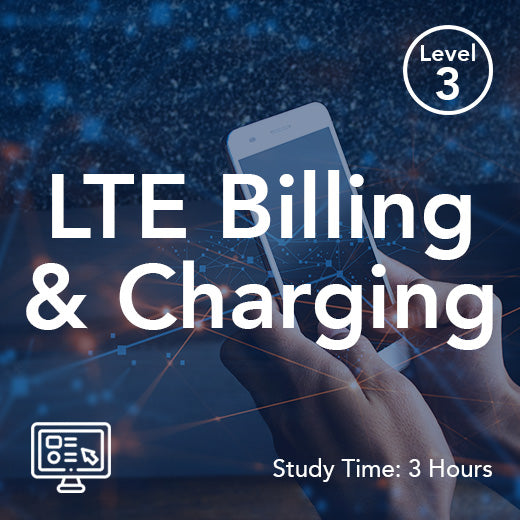In che modo l'Ai ottimizza il consumo energetico del 5G?
- , di Stephanie Burrell
- 2 tempo di lettura minimo
L’intelligenza artificiale (AI) è diventata parte integrante della nostra vita quotidiana, dall’alimentazione di assistenti virtuali come Siri e Alexa alla guida di veicoli autonomi. Con l’avvento della tecnologia 5G, l’intelligenza artificiale viene ora sfruttata per ottimizzare il consumo energetico al fine di rendere la diffusione delle reti 5G più sostenibile ed economicamente vantaggiosa.
La tecnologia 5G promette velocità più elevate, latenza inferiore e maggiore capacità rispetto ai suoi predecessori. Tuttavia, una delle sfide principali che deve affrontare l’adozione diffusa del 5G è il suo elevato consumo energetico. La diffusione delle reti 5G richiede un numero significativo di piccole celle e antenne, che consumano una notevole quantità di energia per funzionare. Inoltre, l’aumento del traffico dati e dei requisiti di elaborazione delle reti 5G contribuiscono ulteriormente al loro consumo energetico.
L’intelligenza artificiale svolge un ruolo cruciale nell’ottimizzazione del consumo energetico del 5G consentendo la gestione intelligente della rete e l’allocazione delle risorse. Gli algoritmi di intelligenza artificiale possono analizzare i dati di rete in tempo reale per identificare aree di inefficienza e ottimizzare di conseguenza le operazioni di rete. Ad esempio, l’intelligenza artificiale può regolare dinamicamente i livelli di potenza delle piccole celle in base ai modelli di traffico e alla domanda degli utenti, garantendo che l’energia venga consumata solo quando e dove è necessaria.
Inoltre, l’intelligenza artificiale può consentire la manutenzione predittiva dell’infrastruttura 5G, contribuendo a prevenire guasti alle apparecchiature e a ridurre gli sprechi energetici. Analizzando i dati storici e identificando i modelli di degrado delle apparecchiature, gli algoritmi di intelligenza artificiale possono avvisare gli operatori di rete di potenziali problemi prima che si verifichino, consentendo una manutenzione proattiva e un risparmio energetico.
L’intelligenza artificiale può anche ottimizzare l’implementazione delle reti 5G aiutando a identificare il posizionamento più efficiente di piccole celle e antenne. Analizzando fattori quali la potenza del segnale, le interferenze e la densità degli utenti, gli algoritmi di intelligenza artificiale possono determinare le posizioni ottimali per le apparecchiature di rete per massimizzare la copertura e ridurre al minimo il consumo energetico.
Oltre a ottimizzare il consumo energetico, l’intelligenza artificiale può anche migliorare le prestazioni complessive delle reti 5G. Analizzando i dati di rete e il comportamento degli utenti, gli algoritmi di intelligenza artificiale possono allocare dinamicamente le risorse per garantire che gli utenti ricevano la migliore qualità di servizio possibile. Ciò può aiutare a ridurre la congestione della rete, migliorare la velocità dei dati e migliorare l'esperienza utente complessiva.
Nel complesso, l’intelligenza artificiale rappresenta una grande promessa per ottimizzare il consumo energetico del 5G e rendere più sostenibile la diffusione delle reti 5G. Consentendo la gestione intelligente della rete, la manutenzione predittiva e l’allocazione efficiente delle risorse, l’intelligenza artificiale può aiutare a ridurre l’impatto ambientale della tecnologia 5G, migliorando al contempo le prestazioni della rete e l’esperienza dell’utente. Mentre il 5G continua a diffondersi in tutto il mondo, l’intelligenza artificiale svolgerà un ruolo sempre più importante nel garantire che queste reti siano efficienti dal punto di vista energetico e ad alte prestazioni.






















